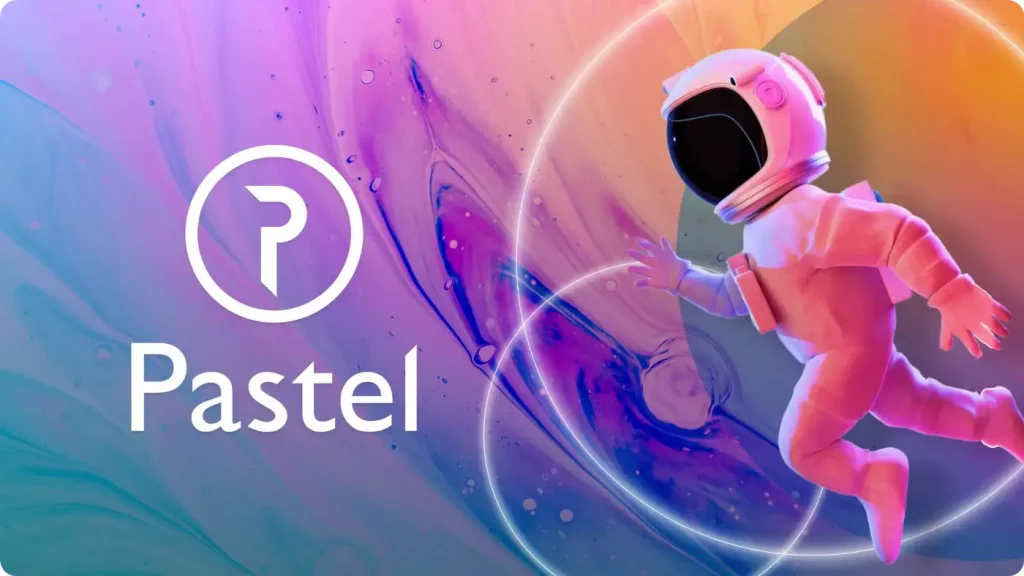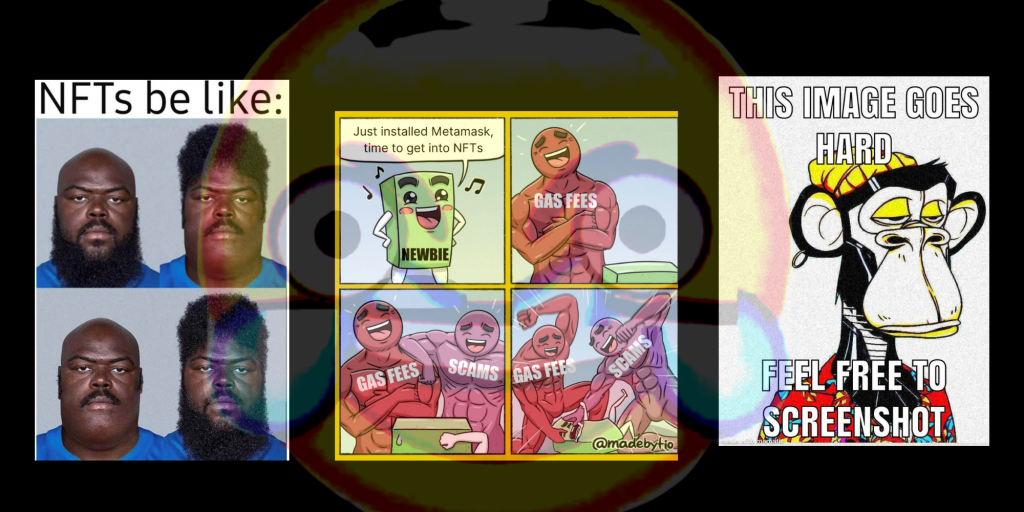Non-fungible tokens (NFTs) have been used to disrupt several industries, starting with the art market and diversifying into music, communities, and real estate.
While these rapidly changing markets have been easier to disrupt, real estate could pose a much more significant challenge being a slower market, taking an average of 8 weeks per sale compared to art, which typically takes no longer than a wire transfer.
This article will look at how NFT real estate works, reasons to use NFTs in the real estate market, the top two NFT real estate projects, challenges real estate NFTs could face, and their future in the market.
How Do Real Estate NFTs Work?
Real estate NFTs are similar to traditional NFTs; they can be purchased on cryptocurrency marketplaces such as OpenSea and SolSea using Ethereum, Solana, or the cryptocurrency chosen by the seller. Each NFT is then held in a cryptocurrency wallet.
Real estate NFTs can be used to generate a passive income by representing equity in a real-estate project. They can cover everything from property ownership to a share, in which the NFT holder will be paid much like a traditional dividend. For example, if the NFT owner represents a 15% share in a real estate project, the holder will earn 15% of the net profit.
Due to their tokenized nature, most real estate NFTs can be sold at any time, provided there is a marketplace with sufficient liquidity for the asset. However, some real estate investments will require the owner to hold for an agreed period, which will be made clear before a purchase is made.
Why Use Real Estate NFTs?
With NFTs still being a new technology, how practical are they compared to a system that’s been in place for decades?
Being immutable, NFTs show absolute proof of ownership, improve credibility, and are fully transparent, without many of the complexities of the traditional real estate system, such as surveying and complex contracts. Here are two benefits that NFTs bring to real estate.
NFTs can dramatically decrease the volume of paperwork required to purchase a property. Current real estate investments require copious amounts of paperwork as part of the ownership transfer, which can be overwhelming for all parties involved.
Real estate NFTs help streamline this process, as much of the back-office paperwork can be automated with the NFT’s underlying smart contract. This, in theory, allows buyers and sellers to transfer ownership in a matter of minutes (after legal counsel has been consulted).
Top NFT Real Estate Projects
Origin Story
Origin Story has partnered with the real estate investment group Roofstock to bring real-world real estate properties to the NFT marketplace. Roofstock believes that this deal will help cut sellers’ fees by 50%, dramatically improving the profitability of selling property.
Roofstock also believes that on-chain real estate transfers could increase transaction speeds, streamlining the buying process. Since 2015, Roofstock has facilitated over $5 billion in investment transactions and plans to implement NFT real estate investments in 2023.
The Sandbox
The Sandbox is one of the largest Ethereum-based Metaverses in the DeFi market. Showcasing an entire world to explore, The Sandbox offers unique play-to-earn virtual reality gameplay in which players can buy land plots, buy and sell in-game assets, and complete tasks for rewards.
The Sandbox first rose to fame in 2021, when it was endorsed by Deadmau5, Snoop Dogg, and Atari, all of which own land plots within the digital world. Land plots are valued based on the area they’re in, with land close to celebrities having a higher value. For example, the three plots around the Snoop Dogg Mansion sold for $1.23m, with one selling for $453,000.
LoanSnap
LoanSnap launched the first seven mortgage NFTs in November 2021 in the form of home equity loans. These NFTs work like traditional mortgages, replacing mortgage notes with NFTs.
The location and size of the NFT mortgages were not disclosed and have not yet been available to the general public or crypto investors. However, LoanSnap also plans to issue a stablecoin called bHome. bHome will represent fractional ownership in the NFT mortgage notes, which would allow investors to own a percentage of the mortgage.
Challenges for NFTs in Real Estate
Much like any other new technology, real estate NFTs don’t come without their drawbacks. Firstly, only 12% of Americans understand the concept of NFTs, creating an educational divide. Although NFTs offer a wide array of benefits, the underlying technology could be too complex for everyday real estate workers and home buyers to fully utilize without the risk of hacks and scams, which have been used to steal $100m since July 2021.
Secondly, regulation could make real estate NFTs more complex than first thought. The U.S. Securities and Exchange Commission (SEC) has ramped up its investigation into NFTs, stating that NFTs are being used to raise money, like traditional securities, rather than being sold as art.
Real estate NFTs would undergo a Howey test before they’re accepted into the mainstream real estate market. Should they be considered a security, they will have to be registered with the Securities Exchange Act of 1934, file regular reports, and comply with Rule 505 of Regulation D.
Final Thoughts: Do NFTs Have A Place In The Future Of Real Estate?
In the future, real estate NFTs could be used to streamline both residential and commercial real estate transaction processes, and open the asset class to an international decentralized community of buyers and sellers.
As the real estate market is already heavily regulated, current laws covering privacy and data protection will likely make it difficult to buy and sell real estate properties as NFTs. Property laws in the real estate’s location could also add additional complexity to the deal, with different states and countries having different rules regarding real estate ownership.
That being said, real estate NFTs may begin to slowly influence the real world market, allowing individuals to hold mortgage debt, support new building projects and take part in group investments instead of outright buying and selling a whole property.









